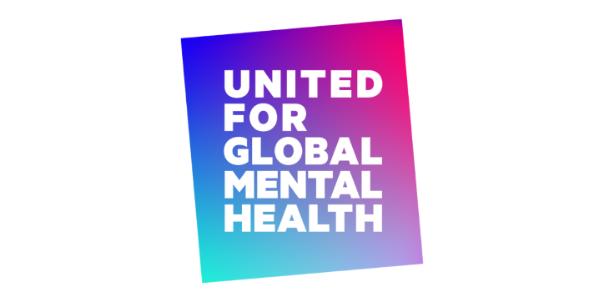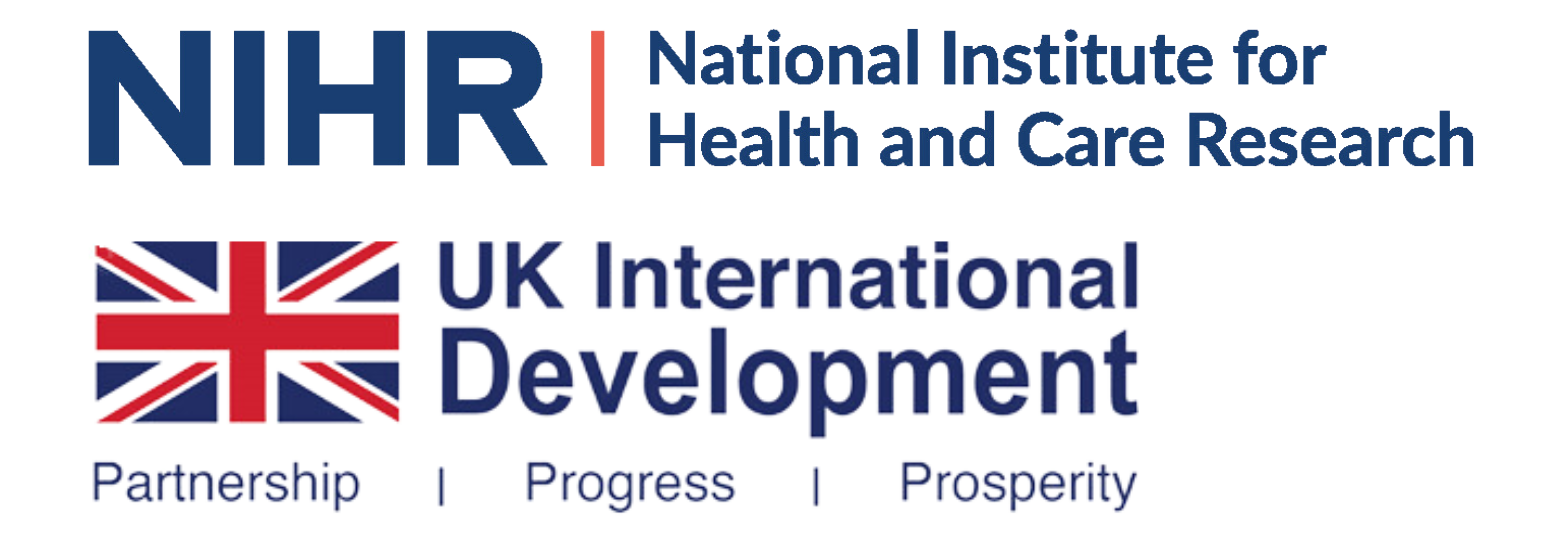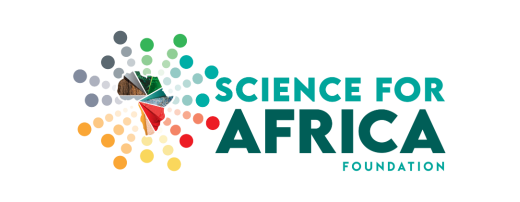
Being, an international mental health initiative to fund and support research and innovative approaches that improve the mental wellbeing of young people aged 10 to 24 in low- and middle-income countries, launched today. The initiative is hosted by Grand Challenges Canada (GCC), in partnership with Fondation Botnar of Switzerland and United for Global Mental Health, whose expertise and worldwide network will support advocacy, stakeholder engagement and other vital functions, and with institutional support from Global Affairs Canada. Being is made possible with initial funding of $35M (CAD), which notably consists of an initial investment provided by Fondation Botnar for the first phase of Being, and an investment from Grand Challenges Canada through the Government of Canada.
Globally, 75% of all mental health challenges begin before age 24, and almost 46,000 adolescents die from suicide every year, putting it among the top five causes of death for their age group. In low- and middle-income countries (LMICs), up to 90% of the mental health needs of young people are going unmet due to a lack of resources.
“Today, mental health challenges affect one in five children and adolescents worldwide; with the COVID-19 pandemic, the climate crisis, and the recent rise in living costs, we risk this worsening, along with the prospects and hopes for our future generation to experience wellbeing and thrive,” said the CEO of Fondation Botnar, Stefan Germann. “At Fondation Botnar, we are proud to have supported key interventions that prioritize young people’s mental health. Building on this experience and learning, we are thrilled to join such exceptional partners in this new collaborative effort, Being, with and for young people to improve mental wellbeing through innovation and research that will create positive, lasting change in local communities and beyond.”
Engaging Partners in Low- And Middle-Income Countries
Being will engage governments and policymakers from low- and middle-income countries. Although the lost contribution to economies due to mental disorders that lead to disability or death among young people is estimated at nearly $390 billion a year, on average, only 2% of national health budgets is spent on mental health and often less than 1% in LMICs. In comparison, only 0.24% of international development assistance is dedicated to child- and family mental health support.
“We need to invest in evidence-based and inclusive approaches to support mental health with young people worldwide,” said Karlee Silver, Co-CEO of Grand Challenges Canada. “We know that lasting change will only happen when decisions are made by those living closest to the challenges to be overcome and approaches allowed to evolve. By supporting young people and their communities, Being is designed to build on relationships, knowledge, expertise and the personal investment of local stakeholders in order to unlock sustainable and scalable solutions for youth mental health.”
Being will support research as well as community-based and young people-focused innovations in Romania, Tanzania, Colombia, Ecuador, Ghana, Senegal, India, Morocco, Egypt, Indonesia, Pakistan, Sierra Leone and Vietnam – with the aim of creating supportive communities where young people have the means and agency to promote their wellbeing according to their needs. These initial priority countries were selected for their fast-growing urban environments – a special focus of interest for the initiative.
Objectives
Being wants to improve the mental wellbeing of young people in LMICs and bring positive system-level change to local communities and beyond through a coordinated and strategic approach that combines networks, research, innovation, policy and advocacy, and engagement with young people and people with lived experience.
The experiences acquired in the initial focus countries will be of global relevance. Being and its partners want to create an ecosystem for young people’s mental health by promoting the ongoing exchange of new evidence, innovations and learnings to inform international discourse.
Being will influence lasting change in programming, research and policies through active networks at national and global levels by connecting donors, funders, investors, governments, multilateral scaling partners, local intermediaries, and communities. The initiative will also consist of a Council, inclusive of young people and people with lived experience. Being’s Council members will inform the initiative’s focus, principles and direction.
Members of the Council:
- Crick Lund, PhD Professor of Global Mental Health and Development, King’s College London
- Dr Usman Hamdani, Lead, Mental Health Translation, Wellcome Trust
- Zeinab Hijazi, MSc. PsyD Senior Mental Health Technical Advisor, UNICEF
- Margianta Surahman Juhanda Dinata, Founder and Executive Director, Emancipate Indonesia
- Charlene Sunkel, Founder/CEO, Global Mental Health Peer Network
- Raj Mariwala, Director, Mariwala Health Initiative
- Danielle Kemmer, Executive Director, International Alliance of Mental Health Research Funders
“I am excited to join [Being]. The cross-sector and cross-generational approach of this initiative will definitely bring great progress to youth participation in mental health,” said the youngest member of Being’s Council, Margianta Surahman Juhanda Dinata, of Emancipate Indonesia.
Building on Partners’ Strengths
“Central to the mission of United for Global Mental Health is raising funds for mental health around the world and ensuring those funds are spent in ways that uphold human rights and provide effective support for all who need it,” said Sarah Kline, CEO & Co-Founder, United for Global Mental Health. “We have been delighted to work over the past 18 months on the development and launch of Being. It is a mental health initiative that is designed to improve the lives of millions of young people by supporting research and action at country level and linking that up to drive change globally. We are very proud to be partnering with Fondation Botnar, Grand Challenges Canada, and a growing list of other organizations in this initiative.”
“Since 2011, as the host of the Global Mental Health program, we have invested $55.8 million (CAD) in 123 projects in 40 countries, providing them with platform and accelerator support,” said the Co-CEO of GCC, Jocelyn Mackie. “Through that, we have learned much that will be useful in the development of Being. We know it’s vital to support local innovators that are closest to the health challenges being addressed, to leverage the power of diverse partnerships among the public, private and nonprofit sectors, and to engage with young people whose experiences and perspectives can help drive and create the agenda.”
The co-founders of Being invite participation from other potential partners. Institutional supporters to date include Global Affairs Canada. In the coming months, Being will finalize a partnership with a partner based in an LMIC that will manage a research initiative for Being over the course of the initiative.
“Canada plays an active role in advancing momentum on global mental health, by bringing attention to it on global and domestic agendas, by helping decrease stigma, and by improving coordination of action. Through our support to GCC’s Global Mental Health programming, our partnership with the Being initiative will bring a vital focus on the mental health and wellbeing of young people. We are excited that GCC has been able to leverage our ongoing support into this new partnership with Fondation Botnar and United for Global Mental Health,” saidThe Honourable Harjit S. Sajjan, Minister of International Development and Minister responsible for the Pacific Economic Development Agency of Canada
Being also acknowledges the invaluable support of the UK’s Department of Health and Social Care, using UK aid through the National Institute for Health Research (NIHR), in providing funding for the Global Mental Health program since 2019 — for innovations that enhance community-based mental health care for young people in low-resource countries. The learnings acquired through this program have been crucial in the development of Being.
Opportunity for Collaboration
Being is currently looking for researchers, groups or organizations to support the initiative for up to one year (2023-2024). Understanding the local needs and drivers of young people’s wellbeing is essential to Being’s outcomes. Those selected will analyze local information on young people’s mental health and wellbeing and importantly, will lead stakeholder and network engagement to scope opportunities for investment and collaboration in one or more of the 13 priority countries. These findings and engagements will help determine the next phase of funding and identify opportunities to catalyze change for young people’s wellbeing.
The deadline to apply for this service opportunity is Thursday, November 17, 2022. Full details of this opportunity can be found on the Grand Challenges Canada website.
For more information:
Debora Aguillon
Associate Communications Officer, Global Mental Health, Grand Challenges Canada
About Being
Being is an international mental health initiative, working toward a world in which young people feel well and thrive. It is hosted by Grand Challenges Canada in partnership with Fondation Botnar, United for Global Mental Health and Global Affairs Canada. Being is working with young people to improve their mental wellbeing through research and innovative youth-focused approaches to create positive, lasting change in local communities and beyond.
About Grand Challenges Canada
Grand Challenges Canada is dedicated to supporting Bold Ideas with Big Impact®. Funded by the Government of Canada and other partners, Grand Challenges Canada funds innovators in low- and middle-income countries and Canada. The bold ideas Grand Challenges Canada supports integrate science and technology, social and business innovation – known as Integrated Innovation®. One of the largest impact-first investors in Canada, Grand Challenges Canada has supported a pipeline of over 1,400 innovations in 96 countries. Grand Challenges Canada estimates that these innovations have the potential to save up to 1.78 million lives and improve up to 64 million lives by 2030. Grand Challenges Canada is hosted in Toronto at the Sandra Rotman Centre at the University Health Network: https://www.grandchallenges.ca/
About Fondation Botnar
Fondation Botnar is a Swiss philanthropic foundation working to improve the health and wellbeing of young people living in cities around the world. Advocating for the inclusion of youth voices and the equitable use of AI and digital technology, the foundation invests in and supports innovative programs and research, and brings together actors from across sectors to create dialogue and partnerships: https://www.fondationbotnar.org/
About United for Global Mental Health (UGMH)
United for Global Mental Health works to raise awareness, reduce stigma, and increase support for mental health around the world with trusted partners. The United for Global Mental Health team is made up of diverse, passionate and knowledgeable individuals. By combining their extensive in-house expertise in advocacy, financing and campaigning with the unique insights of their many partners, they’re already making progress on their mission. https://unitedgmh.org/





